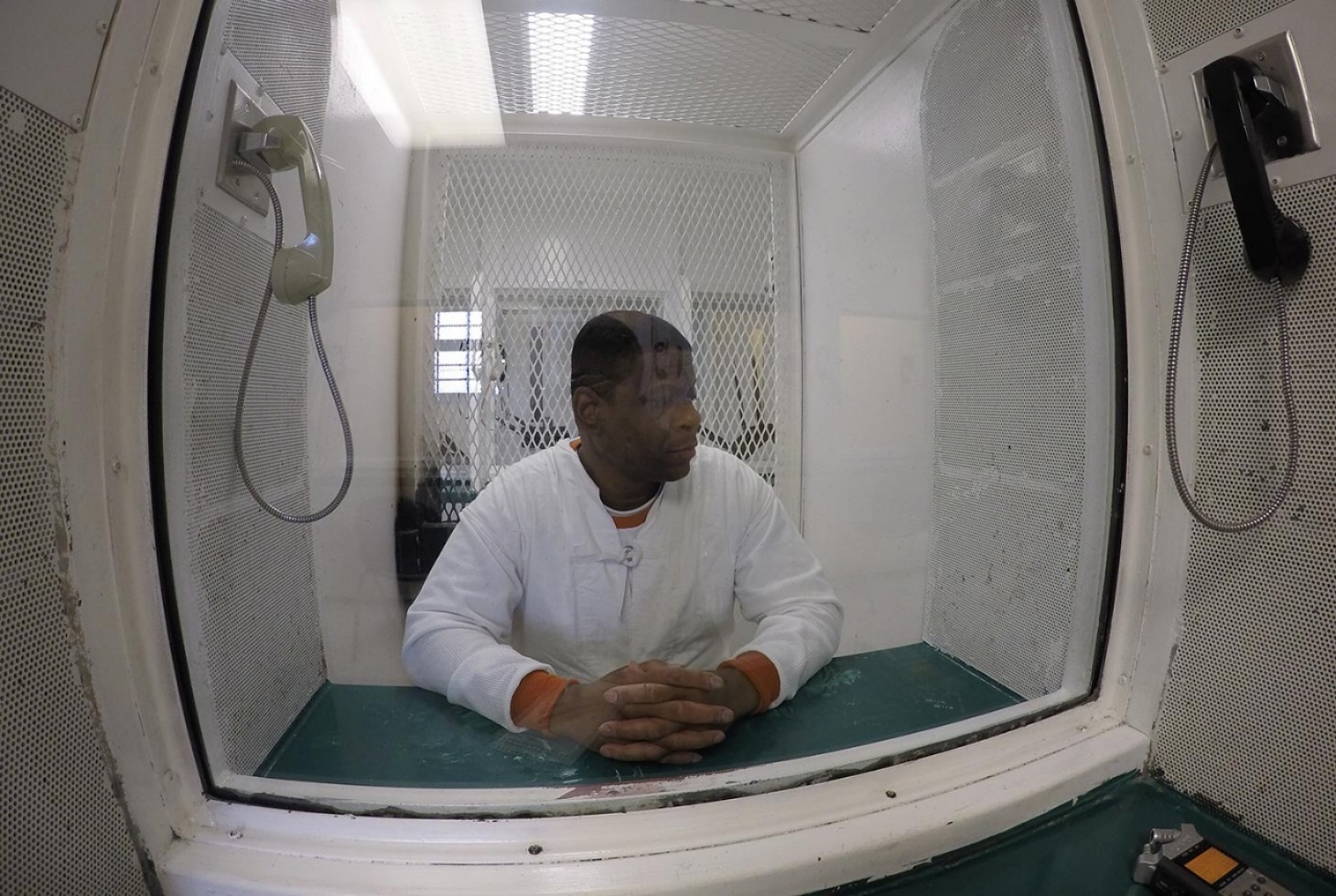What the SCOTUS Decision Means for Rodney Reed
02.24.20 By Innocence Staff
The Supreme Court of the United States declined to hear Rodney Reed’s case on Monday, noting that the trial court in Texas will hear his case later this year.
“I remain hopeful that available state processes will take care to ensure full and fair consideration of Reed’s innocence,” Justice Sonia Sotomayor wrote in a statement following the decision.
“Reed has presented a substantial body of evidence that, if true, casts doubt on the veracity and scientific validity of the evidence on which Reed’s conviction rests,” she wrote. She added that today’s decision does not “close the door” to future review of the case, nor does it pass judgement on whether or not Reed is innocent.
Sotomayor emphasized that the questions raised by the new evidence in Reed’s case “should not be brushed aside.”
New evidence in Reed’s case ‘should not be brushed aside.’
Reed has been on death row for more than 22 years, and was granted a stay of execution by Texas Court of Criminal Appeals in November, just five days before he was scheduled to be executed. In light of his death sentence, Justice Sotomayor wrote that Reed’s claim of innocence and the new evidence in his case “deserve[s] sober consideration.”
Reed now awaits his new hearing, scheduled to take place September 14–25, during which his legal team will have the opportunity to present the new and mounting evidence that points to his innocence and new witnesses will testify on Reed’s behalf. Judges will then decide whether or not he gets a new trial.
Following the Supreme Court’s decision, the Innocence Project has renewed its call for the Texas Attorney General’s Office and Bastrop County District Attorney Bryan Goertz to agree to DNA testing of the murder weapon and other evidence. The Innocence Project would pay for this testing and share the results with the state, leaving no reason for the state to continue to oppose testing efforts.
“We continue to prepare for Mr. Reed’s hearing in September, when the powerful new evidence can be presented and when any doubt of his innocence can be put to rest.”
“We continue to prepare for Mr. Reed’s hearing in September, when the powerful new evidence can be presented and when any doubt of his innocence can be put to rest,” Reed’s attorneys said in a statement.
In 1998, Reed was convicted and sentenced to death for the 1997 murder of Stacey Stites in Bastrop, Texas, but he has always maintained his innocence. The murder weapon has never been tested for DNA evidence, and several renowned forensic pathologists have said that it is medically and scientifically impossible for Reed to have committed the crime.
Stites’ fiancé, Jimmy Fennell, has a history of violence against women and was initially the prime suspect. His suspected motivation was the fact that Stites was having a relationship with another man: Reed.
Fennell later served a 10-year prison sentence for a sex crime and kidnapping, during which, his prisonmate, Arthur Snow, says Fennell confessed to murdering Stites, a white woman, because of her relationship with Reed, who is Black.
“I had to kill my n*****-loving fiancée,” Snow recalls Fennell saying.
Learn more about Rodney Reed’s case here.
But that is not the only role that race played in this case. Studies have found that a victim’s race influences the likelihood that the person accused of the crime will be sentenced to death, and that Black people are more likely to be given the death sentence for murdering white people than the other way around.
Nearly 300 Black people accused of murdering white people have been executed since 1976 — that’s roughly 14 times the number of white people who were executed for murdering white people, according to the Death Penalty Information Center.
In addition to being more likely to be given the death penalty, Black defendants are also more likely to be wrongfully convicted of murder than white people, according to the National Registry of Exonerations. Notably, the jury that convicted Reed was all-white.
Reed’s team has already begun preparing for the hearing in the fall, and there are several ways for you to stay involved in Reed’s case as well.
Here’s what you can do.
- Write to Rodney in prison.
- Watch the documentary “A Plea for Justice.”
- Follow the Reed Justice Initiative to stay up-to-date with upcoming events in support of Rodney.
Leave a Reply
Thank you for visiting us. You can learn more about how we consider cases here. Please avoid sharing any personal information in the comments below and join us in making this a hate-speech free and safe space for everyone.
December 11, 2020 at 10:58 pm
August 5, 2020 at 6:15 am
Free this poor man over 22 years for something he didn’t do. There is no justice

If the president of the United States can pardon or I should say pre-party his family members his friends and almost himself why can’t this be done for an innocent man there is no justice in the States of America I wouldn’t say United States of America because nothing about this is United.